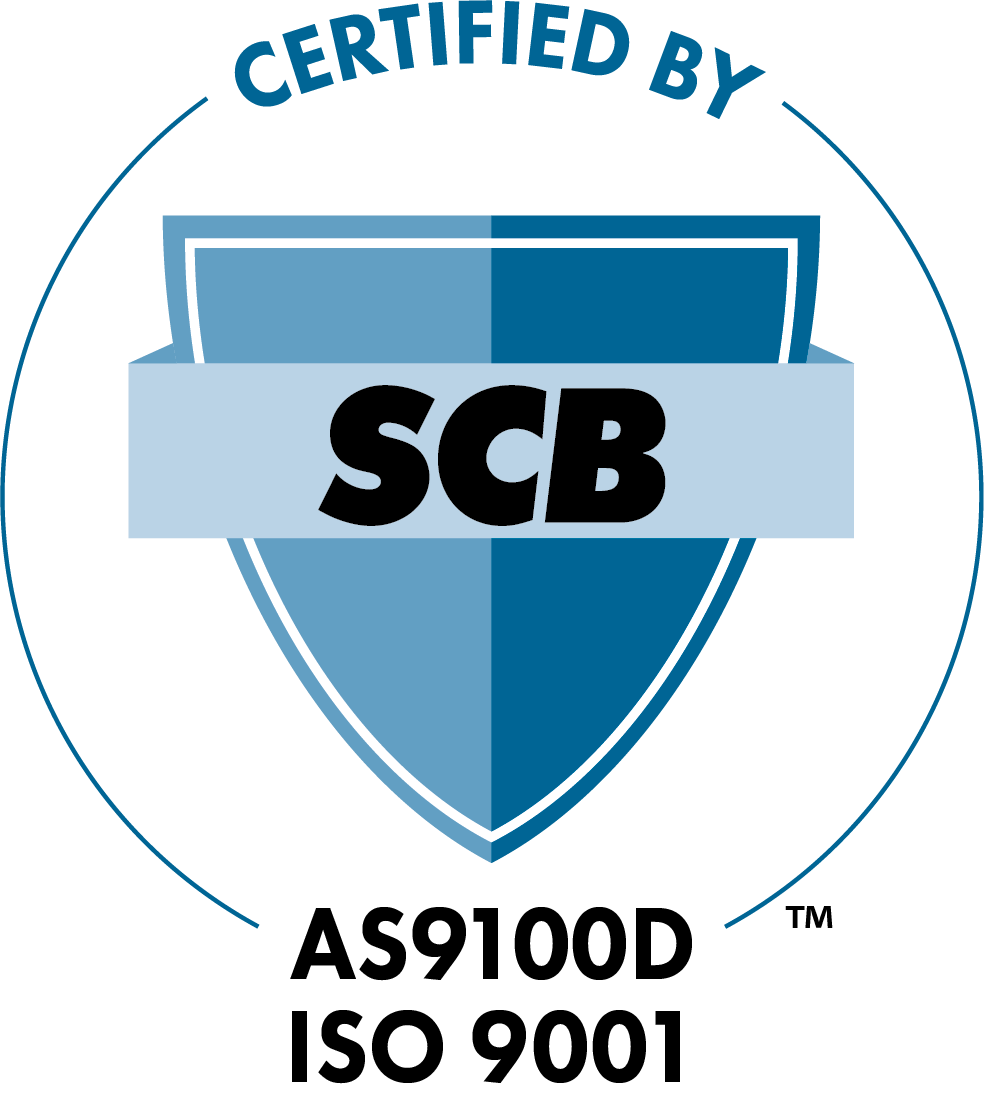FAQ
- What is the mission of AK Industries?
- May I specify something different from your standard product line?
- What is your delivery time?
- Why do you offer HydroVolt bulkheads in 3 different metals?
- Why do you use expensive beryllium copper (CuBe) for your sockets?
AK Industries’ primary focus is to provide rugged and reliable low cost-connectors. Historically, customers had to choose between low cost fragile connectors, or much higher cost rugged connectors. AK Industries’ HydroVolt line fills the gap between those 2 choices with a much more rugged design at only slightly higher cost.
AK Industries also strives to provide innovative solutions for customer’s unique applications. That may include a new connector, penetrator, or some kind of custom molded products. AK Believes that they are perhaps the most agile and capable underwater connector firm for unique applications.
Absolutely! AK Industries prides itself on its ability to provide custom or unique solutions.
That, of course, varies throughout the year due to backlog and market conditions. However, typically we have most HydroVolt and HydroSplice standard products in stock. Custom orders, such as specified cable type or length, typically take 2-3 weeks. Completely custom product that require new tooling may take 8 or more weeks. Overall, AK Industries believes that their delivery time is among the fastest in the underwater connector industry.
Originally, this connector type (before AK Industries came along) was designed primarily for low cost. Therefore brass was used due to ease of matching and low cost. Over time, by the industry leader, many applications used this connector type. Eventually stainless steel was also offered as an optional upgrade. However, brass and SS presented galvanic corrosion problems with aluminum pressure bottles.
So AK Industries began to make bulkheads with aluminum being careful to match the alloy with what customers were using (6061T6). The thinking was that similar metals would present essentially no galvanic issues. That proved to be the case and now aluminum shells are a major part of the product line. We can also offer other types of materials according to customer requirements.
Beryllium copper has approximately the same conductivity as brass, yet has much better spring properties. It is not difficult to yield brass. We have found that if we used brass sockets, the rocking back and forth motion of connecting and disconnecting would sometimes yield the brass tines of the socket and we would have less surface contact area between the pin and socket. Therefore we use CuBe for the sockets despite the fact that it is more difficult to machine and cost several times more than brass (as of Feb. 2008, 3/16″ round brass is $6/# and CuBe is $24/#).
As far as we know, we are the only manufacture of this connector type that uses CuBe for their sockets


